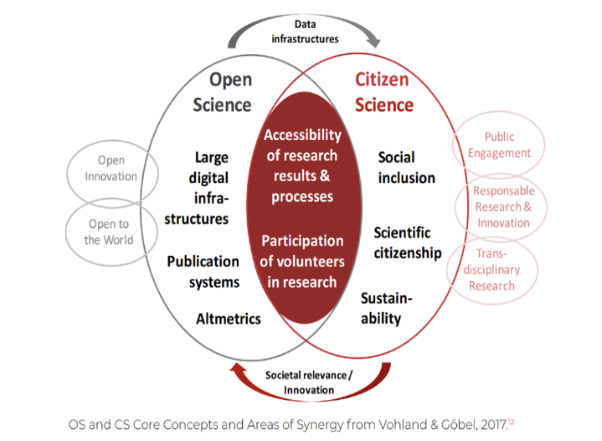Open Methods refer to the transparent and accessible documentation of the methodologies employed in research projects. This practice encourages reproducibility and collaboration by openly sharing detailed procedures, data collection techniques, and analytical approaches.
Using Open Methods in your research has several benefits to you, the researcher:
- It increases the number of research outputs of your project, leading to increased citations and increased research impact.
- You get credit at all stages of the project.
- Funders like it
The Open Science Framework provides a free, safe and effective way of ensuring your project is ‘as open as possible’ across its lifecycle.
For more reading on making your research process more open, we recommend two excellent resources:
Examples of outputs considered as open methods in research include
Preregistration involves publicly documenting a research plan, including hypotheses, methodologies, and analysis strategies, before initiating the study. This proactive step enhances transparency, mitigates bias, and allows for later comparison between the preregistered plan and the actual study outcomes.
Platforms like Open Science Framework facilitate the preregistration process in support of rigorous and reproducible research.
Providing comprehensive documentation of research methodologies, including experimental procedures, data collection tools (e.g., suverys, questionnaires, measurement devices and calibrations), and analysis techniques. This can be done within the Methods section of your research publication, or you could consider publishing a Methods paper as an additional research output.
Creating video demonstrations of experimental setups or techniques can provide a visual understanding of the research methods.
Sharing open-source software and analytical tools used in the research process. This includes making algorithms, software scripts, and data processing tools freely available, allowing others to validate findings and build upon the work. Platforms like GitHub and GitLab are commonly used for hosting and sharing open-source code within the research community.
Creating interactive and reproducible workflows using platforms like Jupyter Notebooks, which integrate code, data, and documentation.
Sharing digital or electronic lab notebooks that detail experimental design, observations, and any modifications made during the research process. Open Lab Notebooks is a popular platform for this. However, products like GitHub, Jupyter Notebooks and/or OSF may also be appropriate.
Publishing protocols in open research involves making detailed research methodologies publicly accessible, promoting transparency and collaboration within the scientific community. Whether done before data collection or concurrently with study publication, sharing protocols enhances reproducibility and allows for peer review of study designs. This practice contributes to the credibility and openness of research endeavours.
Registered Reports entail submitting a comprehensive research plan for peer review before study initiation, ensuring evaluation based on merit rather than outcomes. This format enhances transparency, combats publication bias, and fosters rigorous, hypothesis-driven research within the framework of open science initiatives.


